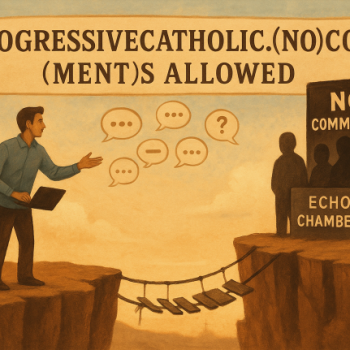TODAY IN GOD . . .
On May 20, 325 A.D., the Emperor Constantine convened the first Ecumenical Council in Nicea to discuss the heresy of Arianism, which argued that Jesus is not divine. The council concluded that he was and we got the Nicene Creed, which, for those of you a little rusty in the liturgical department, goes like this (according to The Book of Common Prayer):
I believe in one God, the Father Almighty
Maker of heaven and earth, and of all things visible and invisible:
And in one Lord Jesus Christ,
the only-begotten Son of God, begotten of the Father before all worlds;
God of God, Light of Light, very God of very God;
begotten, not made, being of one substance with the Father,
by Whom all things were made:
Who for us men and for our salvation came down from Heaven,
and was incarnate by the Holy Ghost of the Virgin Mary, and was made man:
And was crucified also for us under Pontius Pilate; he suffered and was buried:
And the third day he rose again according to the Scriptures:
And ascended into Heaven, and sitteth on the right hand of the Father:
And he shall come again, with glory, to judge both the quick and the dead:
Whose Kingdom will have no end:
And I believe in the Holy Ghost the Lord, and Giver of Life,
Who proceedeth from the Father and the Son
Who with the Father and the Son together is worshipped and glorified,
Who spake by the Prophets.
And I believe in One Holy, Catholic, and Apostolic Church,
I acknowledge one Baptism for the remission of sins.
And I look for the Resurrection of the Dead:
And the Life of the world to come. Amen.
Interestingly, this version is quite different from the 325 Nicene Creed, which ended with “We believe in the Holy Ghost . . .” The remainder was added at a Second Ecumenical Council at Constantinople in 381, with a few other additions and omissions. The Third Ecumenical Council at Ephesus (aka “The Robber Council of Ephesus,” the explanation of which is a whole other story) in 449 affirmed the 381 version (sometimes called the Nicene-Constantinopolitan Creed) and forbid any further changes.















